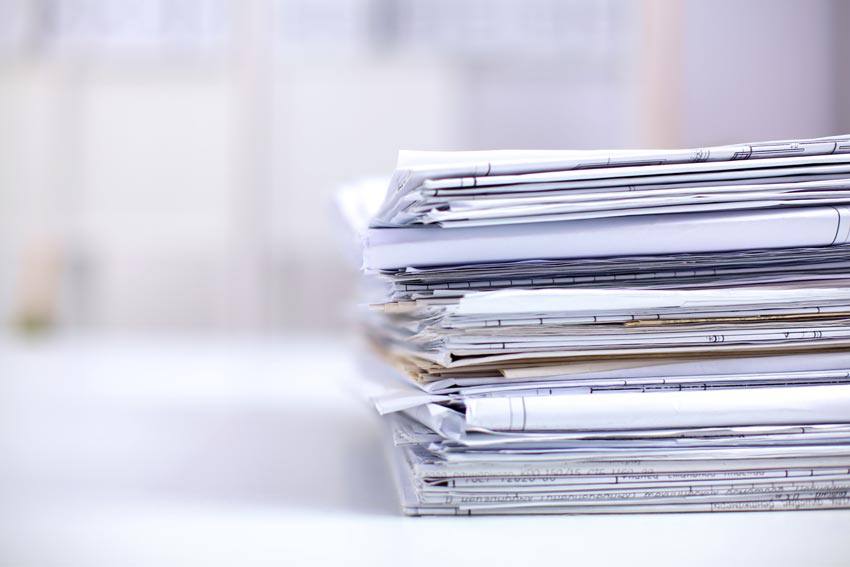Why travellers prefer Blue Cross
- Canada's #1 travel insurance brand and recognized worldwide
- Over 75 years of expertise in insurance
- $5 million travel insurance coverage, with or without deductible
- Flexible and affordable travel insurance solutions
- Free quote available online
- Travel assistance available 24/7 for any emergency, anywhere you travel

How long should you hold on to documents?
Published on: April 1, 2016
Many people are unclear about how long they should hold on to certain documents. While there are some documents we know we need to keep, such as a birth certificate, passport, school degree and tax documents, there are many that fall into the “unknown” category. These are documents such as pay slips, bank statements, bills, receipts and others. While many of us throw these away to avoid clutter, or simply because we don’t want piles of paper hanging around the house, you may be surprised to find out how long you should be keeping some of this paperwork.
Documents to keep for life
These documents are the most important and can be the most difficult to replace or reproduce if they are lost. They are also required in many situations. They include:
- Birth certificate
- Marriage certificate
- Death certificates of family members
- Passport
- Driver’s licence
- Health card
- Wills
- Private health care insurance policies
- University degrees, college diplomas
- Insurance policies (home, auto, health and travel)
- Pension documents
- Mortgage and property ownership
Documents to keep until you retire
These documents are related to your career and work history. They may be required for work or pay disputes, proof of employment or for promotions. They include:
- Pay slips
- Letters of promotion, dismissal or termination
- Record of employment
Keep for up to 7 years
Most of these documents are related to personal finances. Keep them in case of a disparity or dispute. They include:
- Tax documents and returns
- Bank statements
- Building permits
- Home and car insurance policies
- Contracts with service providers
- Property inspections
- Debt recovery loans
Keep for up to 3 years
These are standard bills and documents you probably process on a regular basis. They include:
- Rental agreements and rent receipts
- Gas, electricity and other utility bills
- Receipts for work done on your home
- Payment of medical expenses
- Warranties and guarantees
- Phone, TV and Internet bills
Seems like a lot of documents, right? If you haven’t already, perhaps it’s time to invest in a good filing cabinet at home. Even though holding on to these documents may seem inconvenient, it would be a lot more inconvenient if you found yourself in a situation for which you need a specific document that you threw away because you didn’t think you would ever need it again. It’s better to play it on the safe side and keep your documents, just in case.
